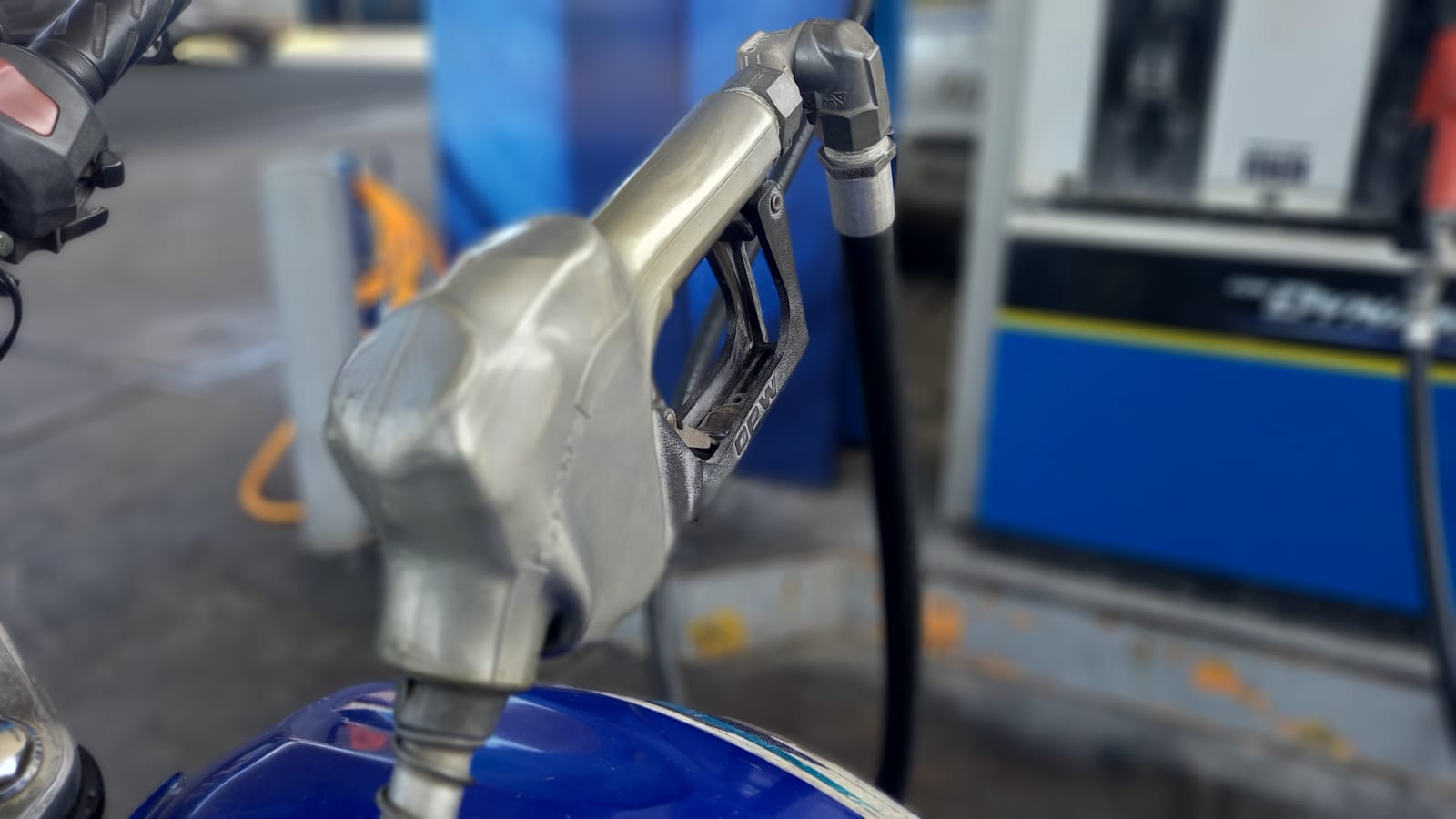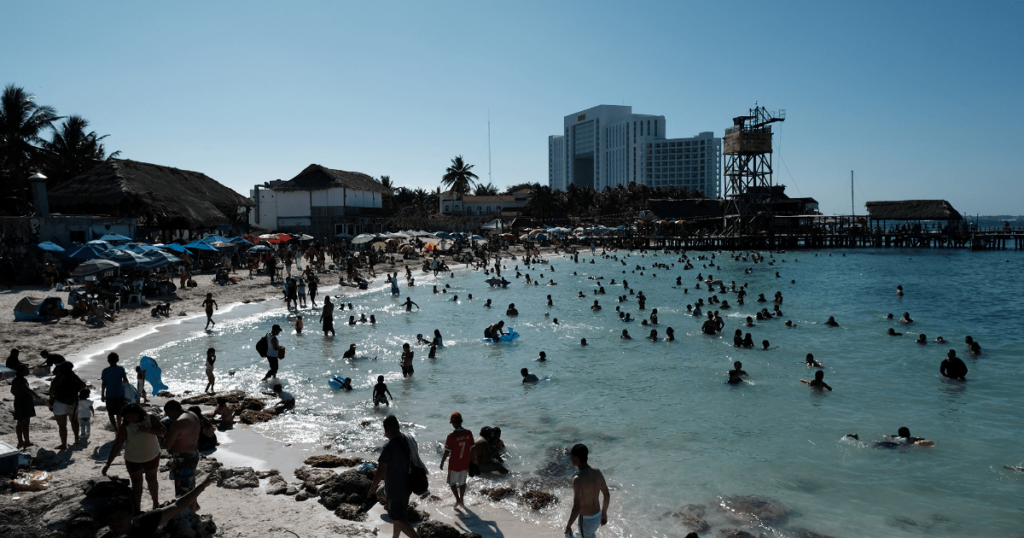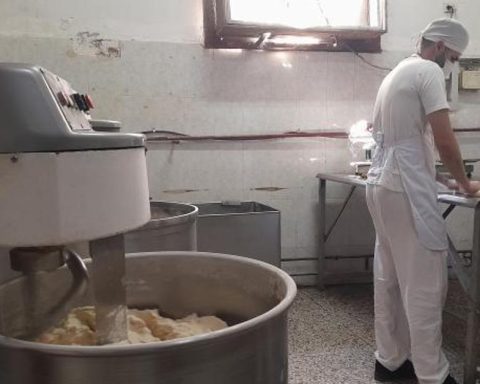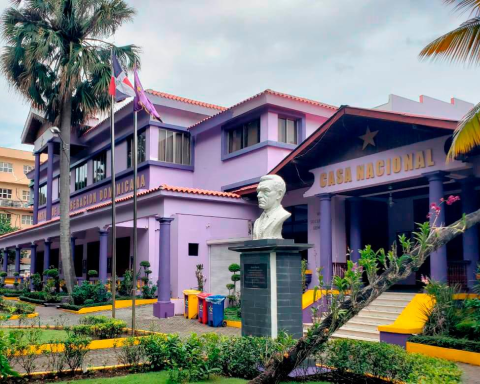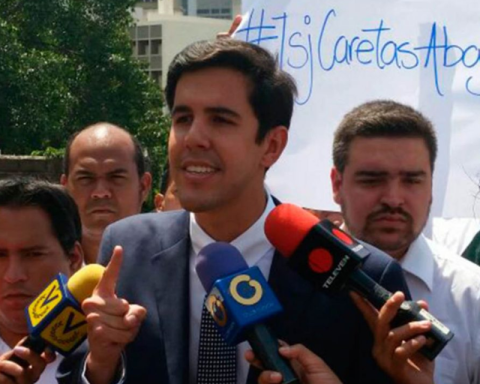The prices of cargo, collective and private transport fuels were frozen in Nicaragua for the tenth consecutive week as of this Sunday, as a measure to mitigate the impact of high international oil prices.
The cost of diesel, used in cargo and collective transport, remained at 4.58 dollars per gallon (3.78 liters); that of superior gasoline, used in light cars, continued at 5.19 dollars; and that of regular gasoline, applied to old cars and SUVs, remained at 5.07 dollars.
The freezing of fuel prices for a week starting next Sunday was announced by the Nicaraguan Institute of Energy (INE).
The Nicaraguan authorities also ordered stability in the price of liquefied petroleum gas, used in Nicaragua for food preparation, whose cost has remained unchanged since the beginning of last April and varies depending on the size of the tank and the city where it is sold. .
Related news: Ortega Police seizes the Trinchera de la Noticia facilities
According to the Executive, by assuming 100% of the increases in the prices of fuels and liquefied cooking gas, the State of Nicaragua disburses between four and six million dollars a week.
Nicaragua has a fund of 200 million dollars as part of a credit line of up to 800 million dollars, arranged by the Central American Bank for Economic Integration (CABEI) to finance a regional support program in the face of the global rise in prices of fuels.
Fuel prices are established weekly by distribution companies based on variations in international prices of these derivatives, “that is, these prices are not regulated by the State,” confirmed the INE on its website.
